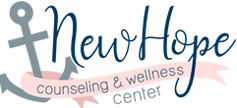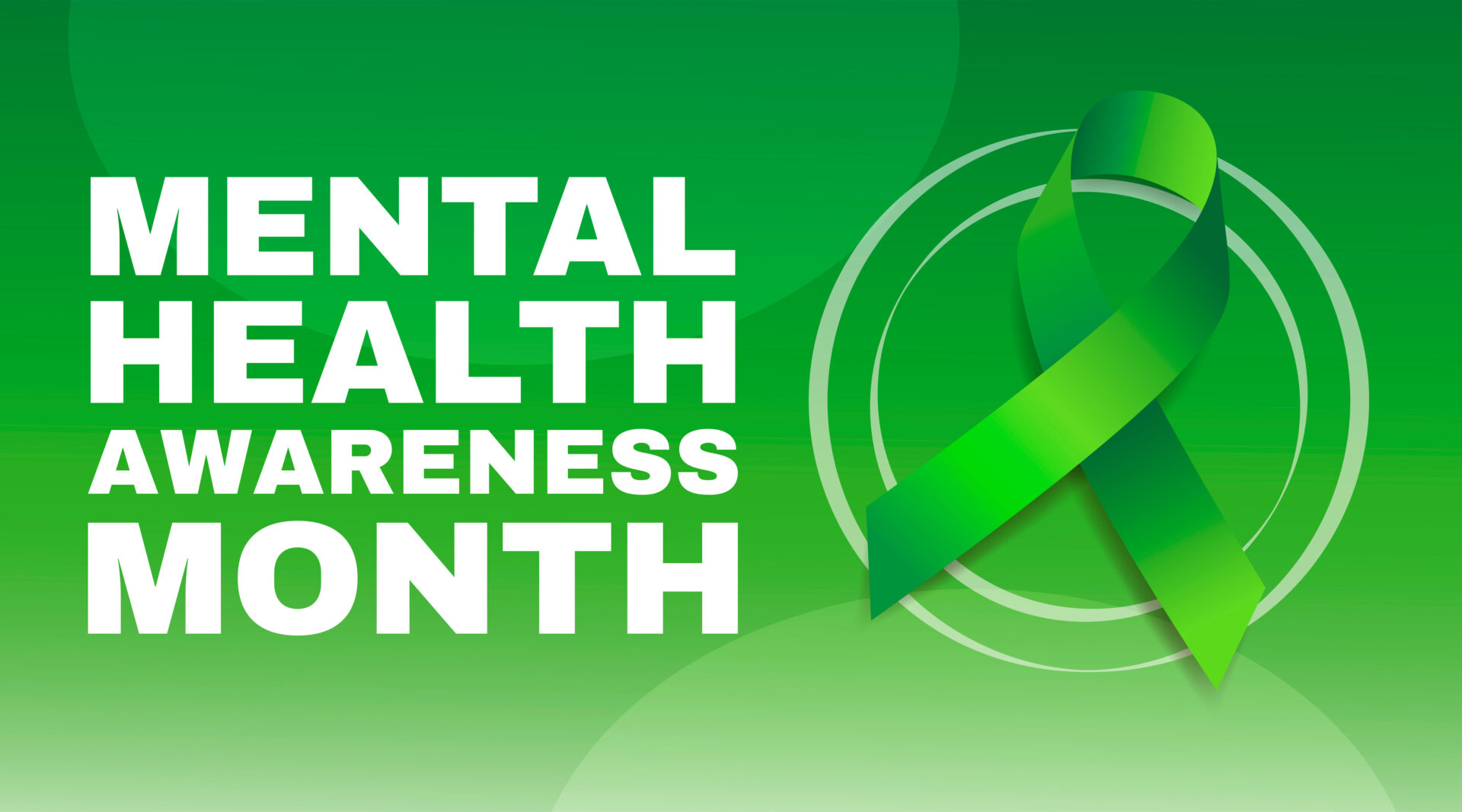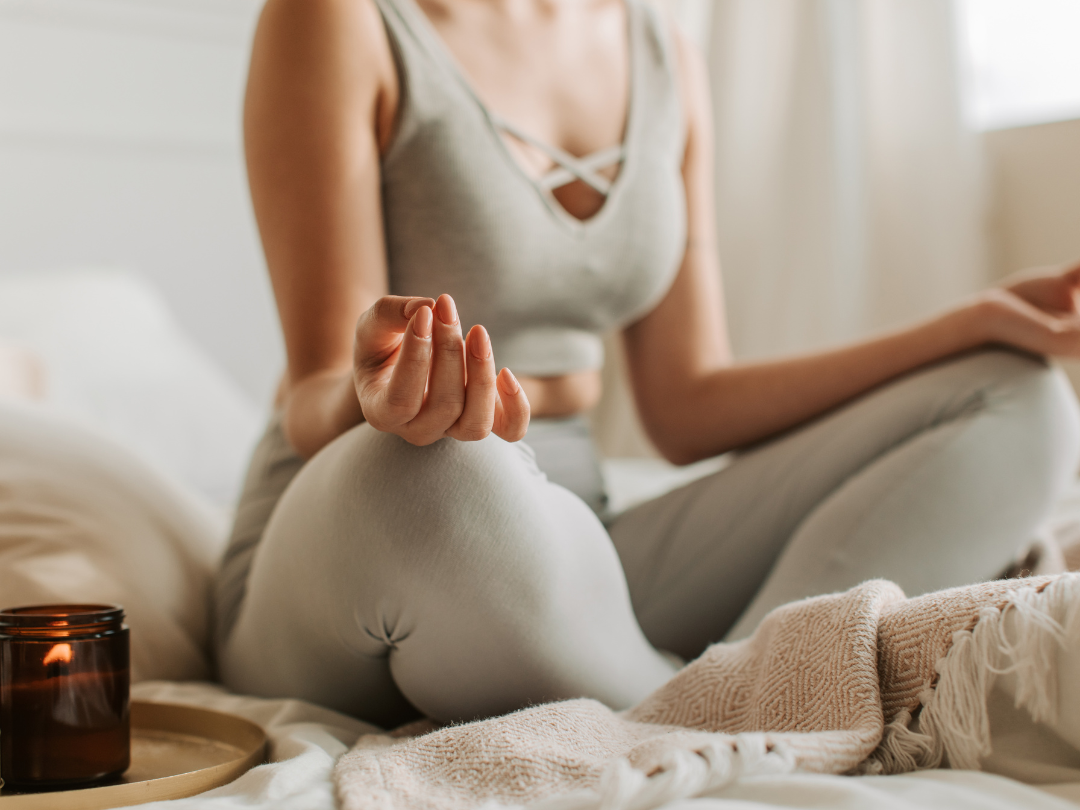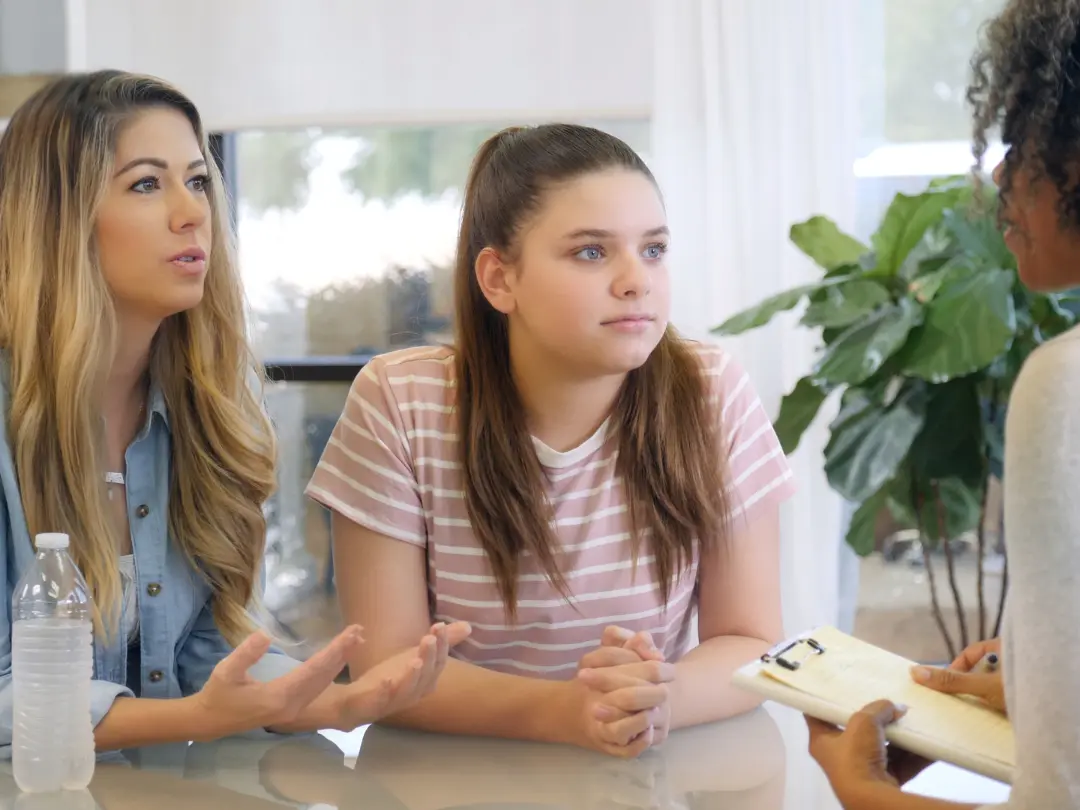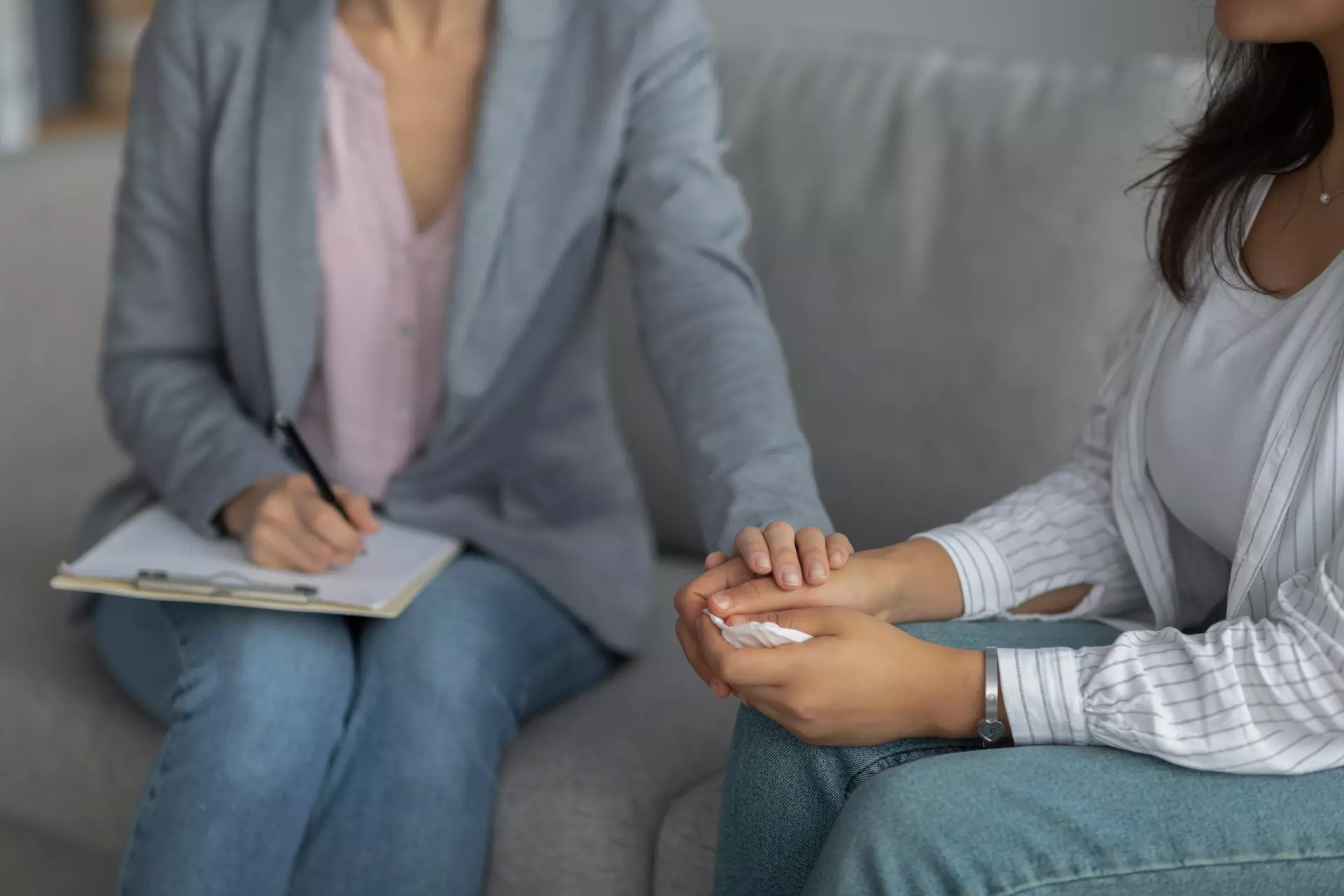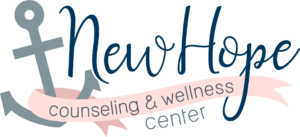Tragically, on April 30, 2022, Naomi Judd, mother, performer, and country music icon, died of a self-inflicted firearm wound. She suffered from severe mental illness. She died one day before the advent of May 1st – the start of Mental Health Awareness Month, and the very day she was to be inducted into the Country Music Hall of Fame.
If the tragedy that befell Ms. Judd sounds like an aberration, think again.
In fact, mental illness is more common than you think and it is on the rise. It is estimated that nearly 20% of adults experienced some form of mental illness in 2019. And, that number is steadily climbing since the global pandemic. Further supporting this number, the World Health Organization estimates that nearly 20% of the world’s adolescents are also suffering from mental illness.
Understanding the significance of the event and the potential to help others, Ashley Judd, Naomi Judd’s daughter and Hollywood Actor graciously gave an interview recently on Good Morning America where she talked candidly about the disease. “It lies. It’s savage. And, you know, my mother, our mother, couldn’t hang on until she was inducted into the Hall of Fame by her peers. I mean, that is the level of catastrophe of what was going on inside of her because the barrier between — the regard in which they held her couldn’t penetrate into her heart. And the lie that the disease told her was so convincing.”
Mental Illness – The Untreated Disease
Naomi Judd had a solid support system and financial means to get treatment, but sadly, many who suffer from mental illness do not. (It is absolutely devastating to realize that Ms. Judd had so much help available, financial resources, and people who loved her, but yet her disease was so overwhelming that she could only succumb.)
Sadly for others, mental illness is largely untreated. In the US, as many as 57% of adults who reported suffering from mental illness have not been treated – and that varies by state. But, of those who sought treatment, nearly 25% could not get treatment. They faced insurmountable hurdles such as:
- Lack of insurance coverage for mental health (or limited coverage).
- Lack of access to mental health professionals, and undersized mental health workforce.
- Lack of available mental health treatment options (inpatient treatment, individual therapy, intensive community services).
- Lack of communication between their primary care provider and behavioral professionals.
- Lack of money or financial resources to pay for treatment.
Dispelling the Stigma of Mental Illness
More and more people are suffering from mental illness. More and more people are untreated. More and more people are self-medicating with alcohol, substance abuse, and injuring themselves. And, more and more people are resorting to suicide. There is only ONE solution.
We need to destigmatize mental illness. But how?
We need to RETHINK the idea that only crazy people are mentally ill by taking the word MENTAL out of Mental Illness.
We need to recognize once and for all that it is a legitimate medical condition and a treatable illness.
Think about it. What would you think if, in this country when you get cancer, there was no insurance coverage available, no one setting up a Go Fund Me page, no one organizing car washes to raise money, no one donating blood, no one making your family dinners or running errands to help in your time of need.
Instead of helping you with your cancer diagnosis, you lose your job, your family, and your home.
That’s what it is like in this country for many who suffer from mental illness and it is entirely due to this misperception that mental illness is not a real illness. But in reality, it is a medical condition that affects 20% of our population. We need to help mental illness to go mainstream.
And Naomi Judd knew it too. Back in 2017, in an effort to help others and destigmatize mental health, she wrote a memoir and spoke candidly about the condition. “Depression is a disease of the brain, just like heart disease is a disease of the heart and diabetes is a disease of the pancreas,” she states. “My brain simply doesn’t make any of the happy chemicals it’s supposed to, and I have to use medication to give me a chance to have a life.”
Sadly, she was unable to overcome her illness, but that is not the end of the story for many.
Mental Health Is Your Within Reach. Help is Available.
First and foremost, if the situation is dire or life-threatening, please call Emergency Medical Services at 911 immediately, available 24 hours a day.
If you or someone you know is experiencing suicidal thoughts, please call the National Suicide Prevention Lifeline. Trained crisis workers are available to talk 24 hours a day, 7 days a week. Your confidential and toll-free call goes to the nearest crisis center in the Lifeline national network. These centers provide crisis counseling and mental health referrals.
Other ways to reach out for help include:
1-800-273-TALK (8255)
TTY: 1-800-799-4889
suicidepreventionlifeline.org
Live Online Chat
New Hope Counseling and Wellness Center Can Help With Mental Health
If you or someone you know is struggling with a mental illness of any kind, we can help. Our Approach at New Hope Counseling and Wellness Center is to treat the individual and not the condition.
- If you are experiencing difficulties managing your thoughts, emotions, feelings, behaviors, and/or communicating with those around you, trust that there is HOPE for you through counseling and therapy.
- If you are struggling with feeling anxious or depressed and want to improve your communication, gain self-awareness, and implement healthy coping skills, counseling and therapy could benefit you in amazing ways.
- It is common to develop methods of escaping negative feelings. However, these aren’t always the healthiest ways of coping. Through counseling and therapy, we will work together to identify what is troubling you and develop a new understanding and connection to your feelings, allowing you to experience happiness.
- This will allow us to establish goals and a plan to better your overall health.
Our team of specialists works with teens, adults, and families. We will develop a personalized mental health treatment plan for you or your loved one. Contact us today … You are not alone!
Remember Naomi’s own words, “It’s staggering how many people that is — 44 million,” she shared. “If you’ve got a pulse, then you’re fighting some battle, whether it’s a diagnosis of depression, like 16 million people, or one of anxiety, like 42 million people, or something else. And there’s power in numbers – it means that there are other people. You’re not alone.”
Contact SOMEONE – ANYONE. You are not alone indeed.
